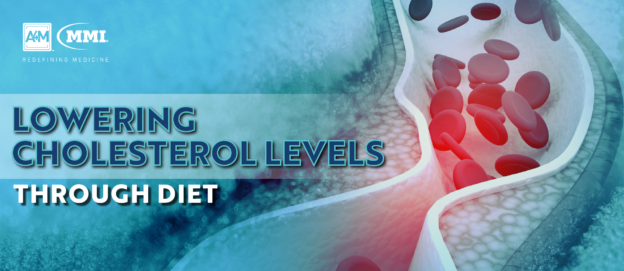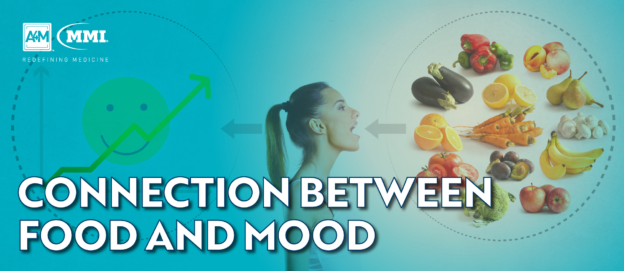Maintaining healthy cholesterol levels can greatly reduce the risk of cardiovascular disease development and stroke while promoting heart health. According to current guidelines for blood cholesterol management, adults should have a total cholesterol reading of less than 200 mg/dL however, many individuals struggle with high levels of triglycerides and low levels of HDL putting them at risk for heart disease.
For some, lowering cholesterol levels requires a multifactorial approach comprised of medication, weight management, physical activity, and nutritional restrictions. Other individuals with elevated cholesterol levels may benefit from simple dietary changes such as reducing animal protein intake and increasing vegetable consumption, which can lower total cholesterol by 25% or more.



